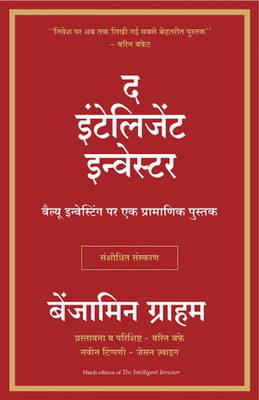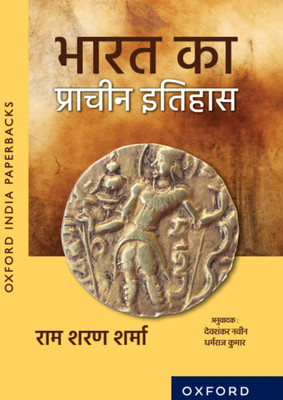
Select Translations of Rabindranath Tagore: Volume I - Volume I (Paperback, Rabindranath Tagore,A. Datta (Translator))
Share
Select Translations of Rabindranath Tagore: Volume I - Volume I (Paperback, Rabindranath Tagore,A. Datta (Translator))
Be the first to Review this product
Special price
₹478
₹553
13% off
Available offers
T&C
T&C
T&C
T&C
Delivery
Check
Enter pincode
Delivery by19 Dec, Friday
?
View Details
Highlights
- Binding: Paperback
- Publisher: A. Datta
- Genre: Literature & Fiction
- ISBN: 9789351048091
- Edition: 1, 2012
- Pages: 202
Services
- Cash on Delivery available?
Seller
Description
This book titled Select Translations of Rabindranath Tagore: Vol. I contains five of the best short stories written by Rabindranath Tagore and a play all translated into American English. It was featured on Pothi.com for a fortnight from Mon 20 May 2013 to Mon 03 Jun 2013. This is also the standard edition of the book. A LARGE PRINT EDITION of this book for readers with partial visual impairment is available at http://pothi.com/pothi/node/178260 ___________________________________________________________________________________________ PRESS RELEASE: SELECT TRANSLATIONS OF TAGORE TO MARK HIS NOBEL CENTENARY YEAR 2013 ___________________________________________________________________________________________ Bengaluru, Monday 20 May 2013: Starting today, India's biggest self-publishing and print-on-demand portal Pothi.com owned and operated by Bengaluru-based Mudranik Technologies Pvt. Ltd. is featuring A. Datta's paperback title, Select Translations of Rabindranath Tagore: Volume I on its homepage. The volume contains five short stories and a play all of which were translated into American English by Datta in 2012. Satyajit Ray had cinematically adapted two of the Bengali sources of these translations, viz. Finally and Missing My Bejeweled. The other three stories in this anthology are Haimanti: Of Autumn, One Night and Clouds and Sunshine whereas the play titled The Crown is a translation of Tagore's Mukut. A. Datta who started writing for The Statesman as a school-goer in the early 1990s has released the first volume of this series to commemorate the passage of 100 years since when the then 52-year-old Rabindranath Tagore took the Literature Nobel outside the European continent for the first time since its inception in 1901.
Read More
Specifications
Book Details
| Publication Year |
|
| Number of Pages |
|
Contributors
| Author Info |
|
Frequently Bought Together
Please add at least 1 add-on item to proceed
Be the first to ask about this product
Safe and Secure Payments.Easy returns.100% Authentic products.
Back to top







